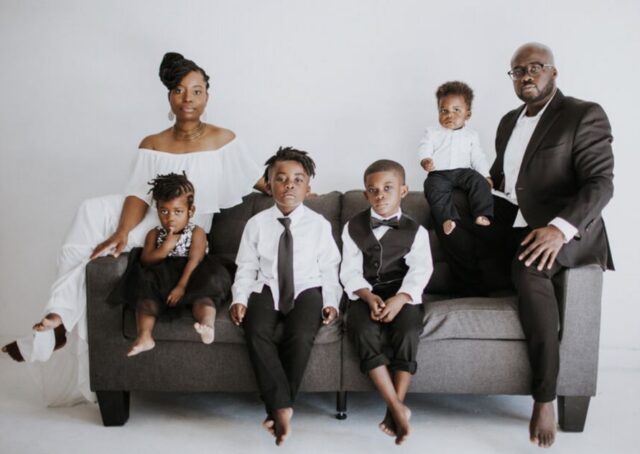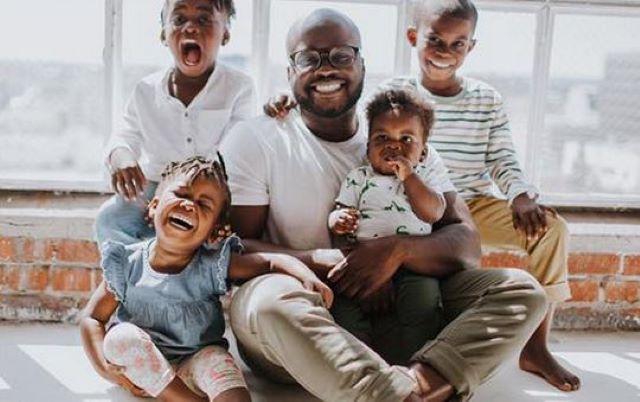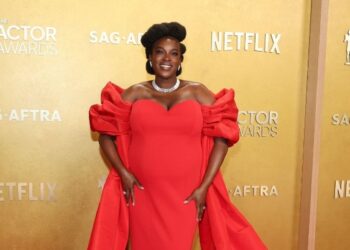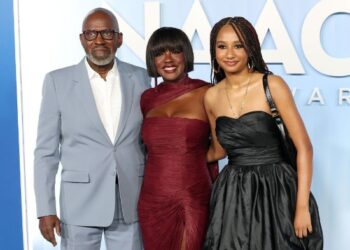Glen Henry has taken on a mission. Known as “YouTube’s Favorite Dad,” Henry is changing the image of Black fatherhood in media.

“Fathers can make mistakes that traumatize and wound their children. I was reluctant to become a father because I was afraid of this outcome. Once I was mentored by a good father, that all changed. Everyone deserves to see what being a good father looks like,” Henry said on his official website. “I created Beleaf in Fatherhood to be the proof. To equip fathers, bring hope to mothers, and inspire children. My hope is that real stories of fatherhood will bring connection and healing to people everywhere.”
With 1M subscribers on YouTube and 343K on Instagram, Henry is unquestionably living by example for his followers, modeling that “family is foundation”.
According to research, that was shared with The Root from Dove Men+Care, less than half of Black fathers believe that the media portrays people like them accurately. And over 80 percent of Black fathers agree that we need more positive representations of Black fatherhood in mainstream media and popular culture.
Enter Glen Henry here. As a result of his popularity and commitment to changing the narrative that surrounds Black fathers in the media, Henry caught the eye of Dove Men+Care and they made him a part of their #celebrateblackdads initiative.
“The man’s role, especially in a sitcom setting, is usually like a buffoon who can’t do anything right or is just sitting on the couch taking up space,” Henry said in an interview with The Root. He added to his comment that positive images of Black fathers are rare, so when you see one, it’s treated like a phenomenon. “I think that’s why my stuff is celebrated the way it is,” he said.
If you haven’t taken a look at any of Henry’s social media, you should. He is definitely “all in” when it comes to creating a positive image of black fatherhood.
“I’m not just Dad to kick it. I’m doing the grooming. I’m clipping the nails and everything.”
Henry said in his interview that he feels that the way to change the narrative that surrounds Black fathers is to encourage more Black fathers to find a platform to share their positive stories.
“We have to stop allowing the powers that be to portray us in a certain light. We have to become the media and change that. When you don’t share your story, you give other people permission to make their own version of it.”







